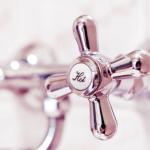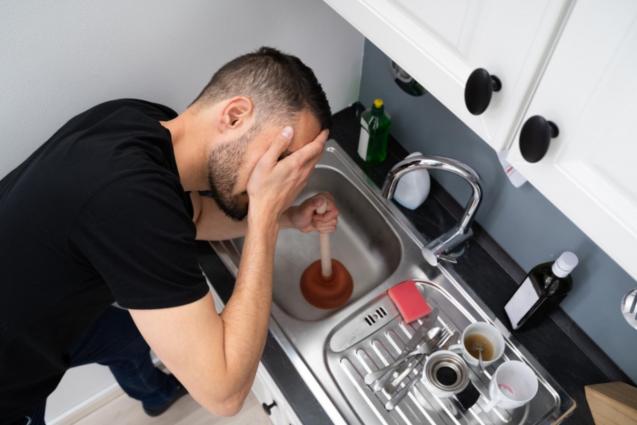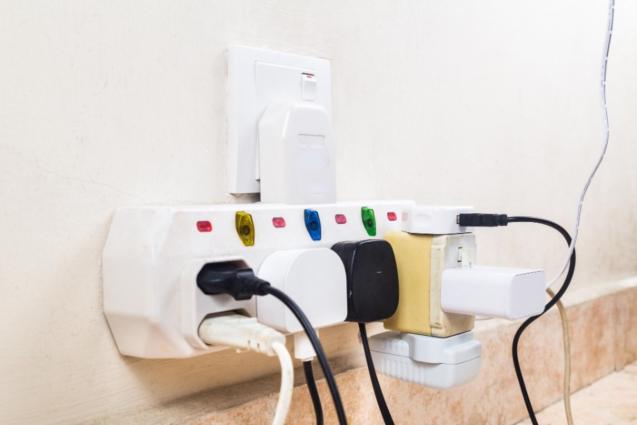
Adelaide Plumber Explains the Ins & Outs of Continuous Flow Hot Water Systems
What is a Continuous Hot Water System?
When a tap or appliance that uses hot water is turned on, a flow sensor in the hot water system is triggered. This sends a signal to the heat exchanger to heat the water using an internal gas burner or the electrical heating elements.
Because a large amount of water isn’t being kept warm even when not in use, these systems can save energy and money for a homeowner. They often have a slightly lower level of water pressure than traditional storage heaters.
Models of Continuous Systems
There are three models of continuous hot water systems: gas, electrical and solar.
For gas-powered systems, there’s a thermostat that controls the amount of gas going to the flow sensor. This thermostat is controlled by an Electrical Control Unit (ECU). The ECU oversees all the functions of the system including ignition, gas flow, gas modulation and temperature control. It also acts as a safety precaution with a fire sensor and automated gas cut-off in case there’s a problem. Gas systems tend to produce higher flow rates than electric ones.
Electric models are usually smaller and easier to install. They utilize the household’s normal electricity and are quite efficient. They can heat water for an entire household, or they can be used to heat water for a particular appliance or outlet.
The usefulness of Continuous Flow Systems
The pros of using these systems include:
- There are different models available depending on your needs, and they can be used on their own or in conjunction with a traditional storage heater.
- Longevity. They have an extended lifespan compared to traditional storage tanks
- Continuous flow systems take up less space in the home than large water cylinders.
- You’ll need to consider gas connection costs in your budget if your home doesn’t have a natural gas connection
- You may need to install multiple units if your household has many appliances using hot water
- Venting is essential for gas systems especially if they are installed indoors
Even though the continuous hot water systems are powered by different energy sources, they all perform the same function of supplying hot water immediately when the taps are turned on. Reach out to the manufacturer and call a plumber to find out what type of system is best for you.



